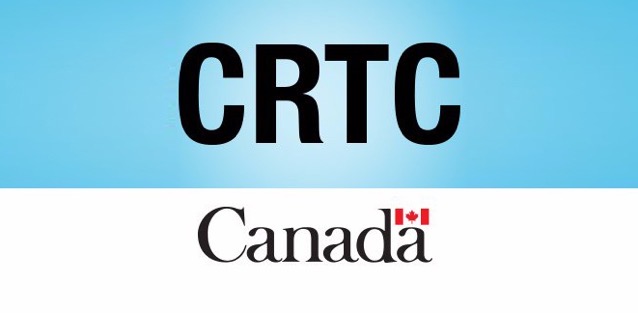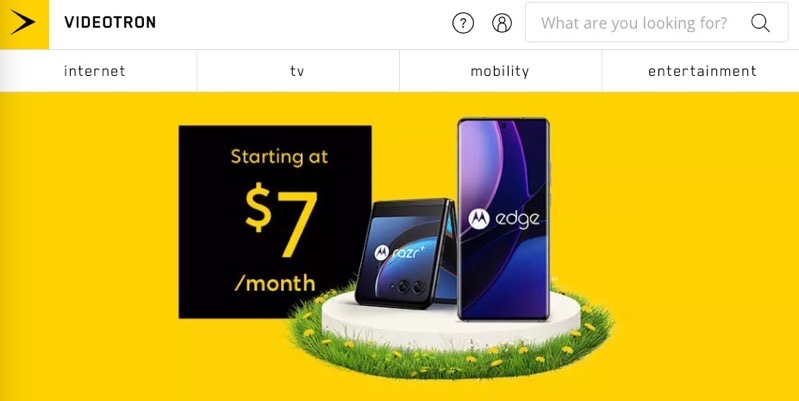
CRTC MVNO Ruling Called ‘Toothless’, Only Regional Providers with Spectrum Get ‘Big 3’ Access
On Thursday the Canadian Radio-television and Telecommunications Commission (CRTC) issued a ruling on mobile virtual network operators (MVNOs), which it said would “enable further competition in the marketplace.”
But critics say the CRTC has again failed to bring forth new competition, but instead have maintained the status quo, say critics of the plan.
The ruling on MVNOs will allow regional operators with purchased spectrum and facilities to buy wholesale wireless access from incumbents, for a period of seven years. After this period, these smaller companies will then return to selling services from their own networks they would have built.
The problem with this decision is it doesn’t allow for true MVNOs to emerge, rather existing regional companies will only get access to spectrum from Rogers, Telus and Bell for example.
Reaction to the CRTC decision was swift, with the Competitive Network Operators of Canada (CNOC), which represents smaller independent telcos, and non-profit consumer advocate, OpenMedia, criticizing the CRTC ruling.
“This decision denies Canadians affordability, choice and service innovation,” said Matt Stein, CNOC Chair and CEO of Distributel, in an emailed statement to iPhone in Canada.
Stein says the CRTC ruling on MVNOs goes against the federal government’s promise to lower wireless prices by 25 per cent.
“Canadians are continuously denied the choice and affordability that the rest of the world enjoys. This will surely be a key issue in the upcoming election, and all the parties will need to demonstrate how they’re going to address it. Canadians have had enough,” added Stein.
OpenMedia called the CRTC decision “toothless”, saying the decision “doubles down on the failed model of facilities-based competition.”
“Today the CRTC failed Canada, siding yet again with Big Telecom. Canada continues to have the most expensive cell phone prices in the world – yet today’s decision does the absolute bare minimum,” said OpenMedia Executive Director Laura Tribe in a statement.
“It’s nowhere near good enough. It’s clear the CRTC will not tackle Big Telecom’s stronghold until the government forces it to,” added Tribe.
Other reaction online was similarly critical of the CRTC’s decision:
Regionals get a promise of negotiated soft hand-off, permanent roaming and re-sell at extremely high current rates. MVNOs get a promise of even higher? rates that will be published by MNOs in 90 days. Access type (Full/Thin) #MVNO is left out completely. Nothing burger.#CRTC https://t.co/2f3MA3cnX3
— Algis Akstinas (@AlsoKnownAs_AA) April 15, 2021
It seems a lot of media outlets are presenting it as a win for MVNO's. @Reuters and others had it all wrong. The CRTC decision is not favouring more competition to anyone that's not already an MNO.
— Samer Bishay (@SBishayIRIS) April 15, 2021
Today's #CRTC MVNO ruling can be usefully compared to the @CompBureau decision in 2017 insofar that in both cases staff analysis illustrates in painstaking, pt by pt detail just bad the state of competition in mobile wireless markets are, but mngmt, ie. the Chair, goes ahead 1/
— Dwayne Winseck (@mediamorphis) April 15, 2021
the prblm isn't that we don't have good rules/laws on paper or solid analyses of what the prblms are. No, instead the prblm, as Benkler et al said, is "regulatory hesitance". It's congenital. Until we get rid of it, CDNs cannot have good things. #INDU https://t.co/UjzNEBVBX6 pic.twitter.com/lOItGt4ZFx
— Dwayne Winseck (@mediamorphis) April 15, 2021
Without the true MVNO model, new wireless players such as U.S.-based Mint Mobile, recently acquired by Canadian Ryan Reynolds, won’t be able to operate in Canada. Instead, the CRTC decision for MVNOs only is for those smaller regional players that have existing spectrum and facilities, for a limited period of 7 years.
Last year, Rogers, Telus and Bell asked the CRTC to deny wireless resellers in Canada due to COVID-19, citing the negative economic impact of coronavirus., They also argued being forced to allow wholesale network access would disincentive them to invest in their networks.


